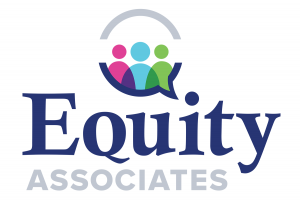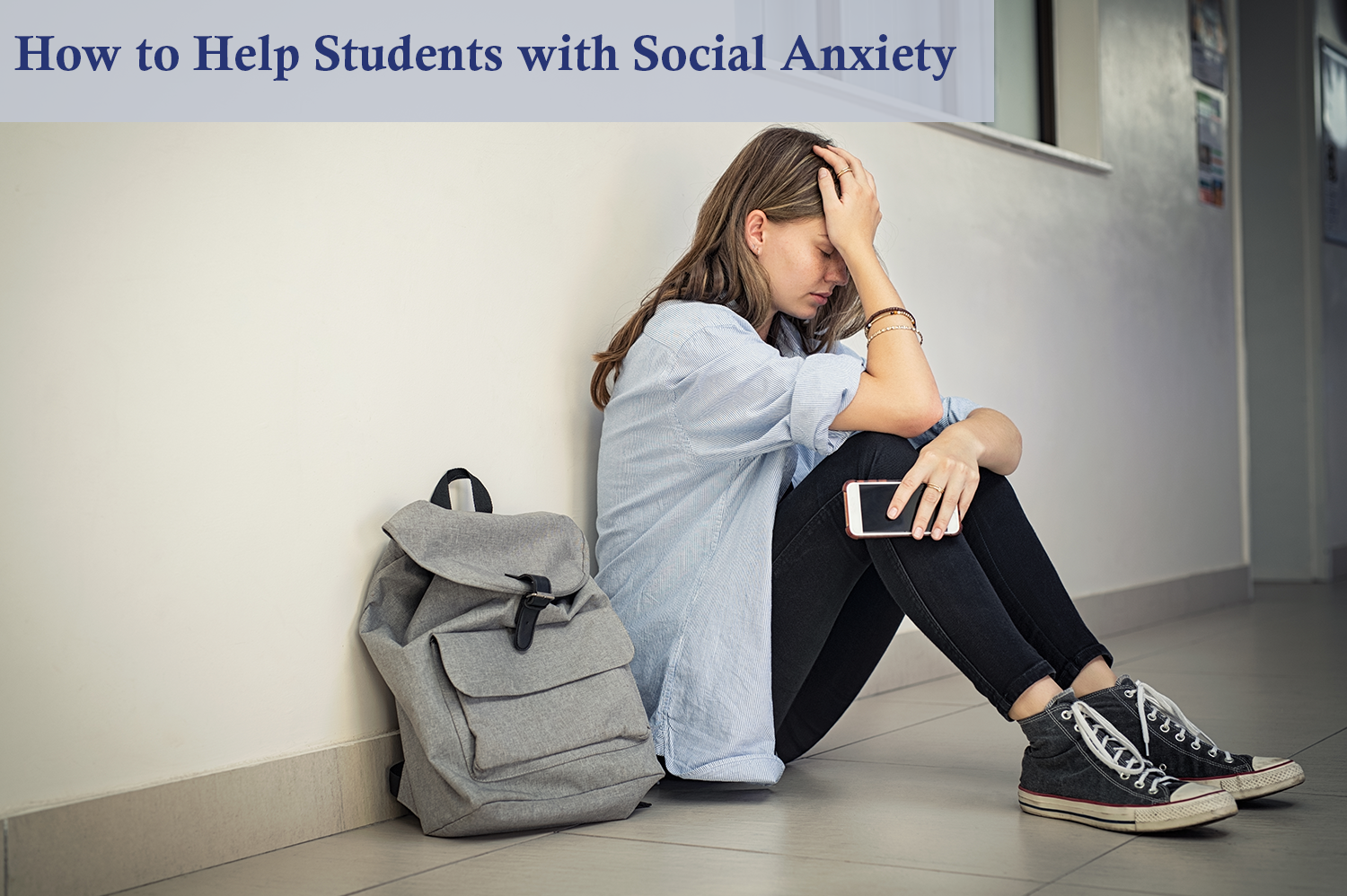If you’ve noticed an increase in anxiety in your classroom and school, you’re not alone. Read on to learn what social anxiety is, how to recognize it, and what you can do to help your students.
What is Social Anxiety?
Social anxiety disorder is a type of anxiety disorder that causes extreme fear and avoidance of social and/or performance settings. This condition is characterized by a marked and persistent fear of being humiliated or scrutinized by others. It also includes significant anxiety, self-consciousness, and embarrassment that can disrupt one’s life. Even if someone understands that their fears and irrational or unreasonable, they still may feel powerless to overcome.
Social anxiety disorder is among the most common anxiety disorders and is the third most common mental health disorder in our country. It affects one out of three adolescents between the ages of 13 and 18 years old.
Recognizing Anxiety in Students
While a certain amount of anxiety is normal in students, it’s important to be aware of when it crosses a line. A student may be a little anxious about an upcoming test or presentation, and that’s to be expected. But if a student is frequently anxious or too afraid to speak up in class, social anxiety may be the culprit. Here are a few signs to help you recognize social anxiety in students:
- Blushing
- Excessive sweating
- Trembling or shaking
- Difficulty speaking
- Stating they’re dizzy, lightheaded, or nauseous
- Avoiding asking questions or speaking up in class
- Seem embarrassed, lonely, or withdrawn
How to Help
Anxiety disorders, like social anxiety, are too often underdiagnosed and untreated. Those who have diagnoses may have their needs covered by the Individuals with Disabilities Education Act or the Section 504 civil rights law. Both these plans provide specific, actionable steps to take when a student is experiencing an anxiety disorder. However, you may notice some students exhibiting signs of social anxiety who have no plans in place. To help, here are some practices you can follow:
Encourage Participation
Participation is important so you can see if your students are understanding what you’re teaching. But for students with social anxiety, it can cause anxiety and panic. To help encourage participation in your students with this disorder, try separating your class into smaller discussion groups. Having small groups (of two or three) helps those with anxiety feel a little more comfortable. Providing rewards and incentives can also encourage the students with this disorder to begin – and continue to – participate.
Set and Enforce Zero-Tolerance Rules Against Bullying
The fear of being judged, bullied, or laughed at is a part of social anxiety that can hinder your students from participating and learning. So, it’s essential to cultivate an environment where all your students feel safe to learn and collaborate. To accomplish this, you should not only set but enforce strict zero-tolerance rules against bullying and other forms of harassment. It’s important to ensure students that violate the rules face appropriate consequences as a deterrent to others.
Talk to Them
It may seem strange to approach your student about their social anxiety, but it can be very helpful. Socially anxious people find it difficult to approach people, especially people of authority. Talking to your student after class and having a chat about what is going on can relieve some of their anxieties and show them you want to help. You can also involve them in solutions and ask them what they think could help.
Be Patient
Even small modifications you make for students with social anxiety will have an effect. Just remember to be patient with your students with social anxiety. They cannot change overnight. But helping to make their school day a little easier will encourage them to keep attending school.

If you need help accessing mental health services for your school, Equity Associates is ready to lend a hand.
Seek out Help
While being compassionate and making small changes may help some students, other students may need more help. Therapy is a great way to overcome social anxiety, and school-based mental health is becoming a vital part of student support systems. When you provide mental health resources in your school, students are more likely to seek out and participate in counseling support.
If you need help accessing mental health services for your school, Equity Associates is ready to lend a hand. We offer two levels of services for schools: mental health diagnostic assessment and planning and network membership. We’re based in Ridgway, Colorado but can help those anywhere in the state. No matter what, we’re always here to support those who need us.
Click here for more information on anxiety therapy.





